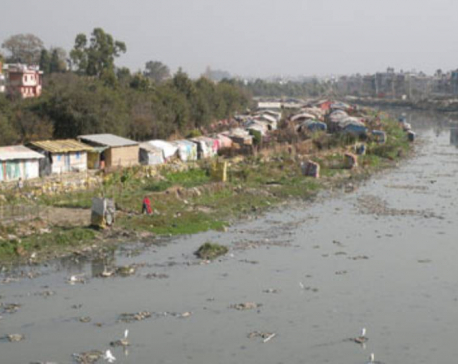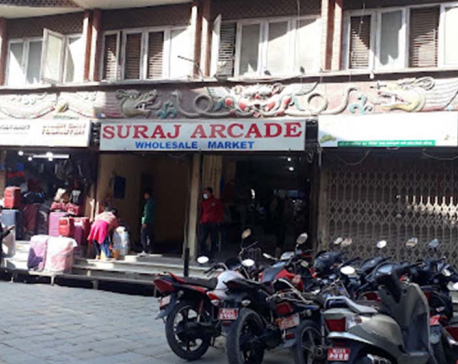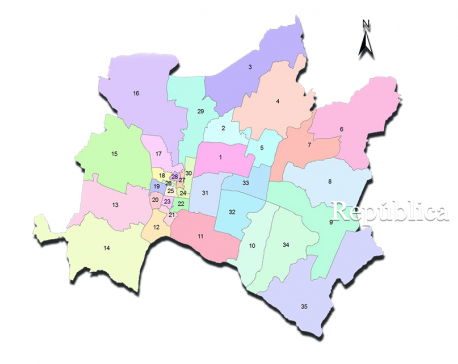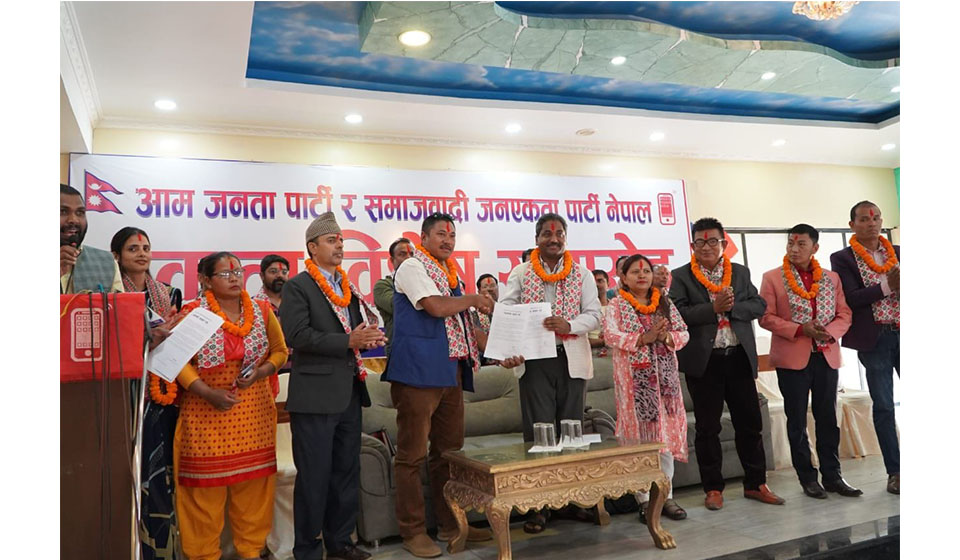
OR
Editorial

The Kathmandu Metropolitan City (KMC) recently announced a decision that mandates all long-distance transportation services to operate exclusively from the New Bus Park starting from June 16. The primary goal behind this decision, as stated by KMC Mayor Balen Shah, is to alleviate the perennial traffic congestion that plagues Kathmandu. However, upon closer examination, it becomes evident that this new measure is unlikely to address the core problem. Instead, it will not only worsen the existing problem of traffic congestion but also impose insurmountable hardships on ordinary passengers, rendering the decision taken by Mayor Balen Shah far from pragmatic.
The Microbus and Jeep Coordination Committee, during a recent press conference, confirmed their readiness to implement the decision of the KMC. Coordinator Rajendra Acharya stated that all jeep and microbus services currently operating from different parts of Kathmandu would be relocated to the New Bus Park. This move was intended to comply with the KMC's directive issued on June 2, which called for all vehicles traveling outside the Kathmandu Valley to operate from the New Bus Park. While the committee and its coordinator pledge their support for KMC's decision, it is crucial to assess the implications it will have on the general public. Microbus and jeep services currently operate from various locations such as Sundhara, Balkhu, Kalanki, Balaju, Machhapokhari, Gongabu, and Koteshwar. Requiring all of these vehicles to converge at a single location i.e. New Bus Park will undoubtedly create additional traffic congestion in and around the New Bus Park, exacerbating an already dire situation.
There is no denying that the situation of traffic congestion has worsened in Kathmandu in recent months and that it requires immediate interventions from the authorities concerned. But one would expect a pragmatic solution to the problem of traffic congestion to involve a decentralization of services rather than their centralization at a single location. Unfortunately, KMC's decision fails to address this fundamental aspect. Moreover, even with long-distance buses currently operating from the New Bus Park, the daily traffic jam around Gongabu Bus Park during peak hours is nothing short of a nightmare. By adding more vehicles to this already chaotic situation, the new arrangement will undoubtedly worsen the problem instead of resolving it. Another matter of concern is whether the New Bus Park has adequate infrastructure to accommodate all the vehicles moving in and out of the valley.
As a responsible newspaper, we strongly urge the KMC to reconsider its plan and explore alternative solutions that not only alleviate traffic congestion but also mitigate the hardships faced by ordinary passengers and vehicle owners. Centralizing all vehicles at the New Bus Park in Gongabu is a shortsighted decision that ignores the diverse needs and travel patterns of the people of Kathmandu. Decentralization could involve the establishment of additional bus parks in strategic locations across the city, which would distribute the flow of vehicles and ease the burden on the New Bus Park. Furthermore, improving the public transportation infrastructure, including the availability of reliable and affordable bus services, would encourage people to rely more on public transportation and reduce the number of private vehicles on the roads.
It is essential for KMC to take into account the perspective of the people it serves. The decision to centralize microbus and jeep services might have been made with good intentions, but we fear that its implementation will result in unintended consequences. It is crucial to ensure that any decision taken by the authorities aligns with the needs and convenience of the public. We believe that KMC's decision to mandate the operation of all microbuses and jeep services from the New Bus Park starting from June 16 is a flawed and impractical solution to the problem of traffic congestion in Kathmandu. This decision ignores the potential for decentralization and the diverse needs of the public. We strongly urge the KMC to reconsider its plan and work towards a solution that not only addresses traffic congestion but also minimizes hardships for ordinary passengers and vehicle owners. It is only through careful planning and consultation with all stakeholders that a truly pragmatic solution can be achieved.
You May Like This

Perpetuating the Sukumbasi Problem
It is unfortunate that the needless emotional outbursts, whether it be hatred or sympathy, have overshadowed the structural political lapses... Read More...

KMC sending dozers to demolish illegal structures at Suraj Arcade
KATHMANDU, August, 29: The Kathmandu Metropolitan City (KMC) is preparing to demolish unauthorized structures built at Suraj Arcade in New... Read More...

COVID-19 tally reaches 4,886 in KMC
KATHMANDU, Sept 12: The number of people infected by novel coronavirus disease (COVID-19) has reached 4,886 in Kathmandu Metropolitan City... Read More...


Just In
- Sunkoshi-Marin Diversion Project’s tunnel construction nears completion, breakthrough scheduled for May 8
- Govt tightens security arrangement for Third Investment Summit 2024
- Pesticide residue found in vegetables in Nepalgunj
- Aam Janata Party and Samajwadi Jana Ekata Party merge
- 1,600 participants confirmed for Nepal Investment Summit
- Ilam-2 by-elections held peacefully, vote count likely to start tonight
- NEA schedules five-day power cut across Kathmandu Valley for underground cable installation
- Hundreds of passengers including foreign tourists in distress as poor visibility halts flights to and from PRIA







-1200x560-wm_20240427144118.jpg)






Leave A Comment